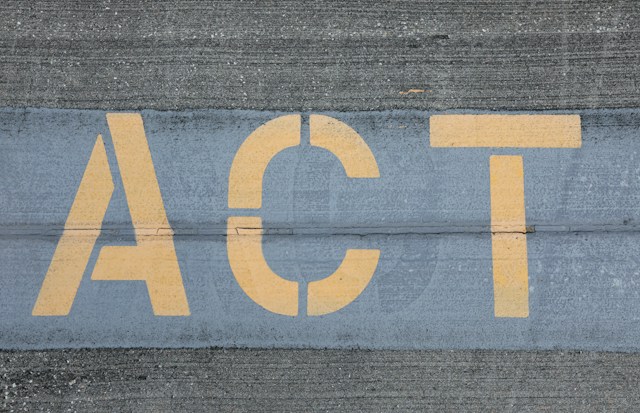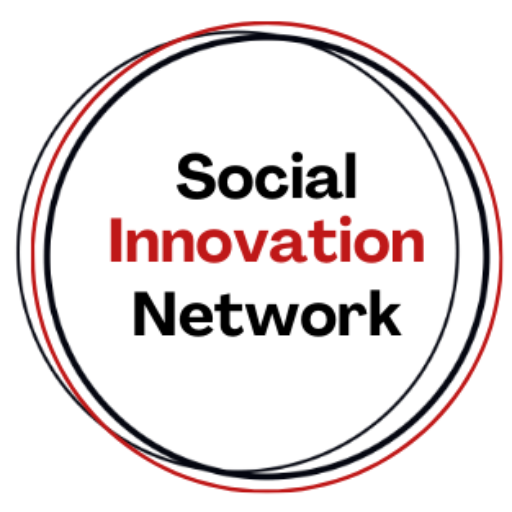In any vibrant and thriving democracy, the active participation of all citizens is essential for the well-being and progress of society. Unfortunately, certain groups within our communities often face marginalization, hindering their ability to engage fully in civic life. To build a more inclusive and just society, it is crucial to encourage democratic and civic participation at all levels, particularly at the Union level, and to explore innovative ways to promote social engagement, civil protection, and volunteering. In this article, we will explore the challenges faced by marginalized groups and highlight the potential of social innovation and new technologies to empower these communities.
Marginalized groups encompass a broad spectrum of individuals who face social, economic, and political exclusion. This may include racial and ethnic minorities, LGBTQ+ communities, persons with disabilities, and economically disadvantaged populations. Marginalization can result in limited access to education, healthcare, employment opportunities, and political representation, perpetuating a cycle of disadvantage.
For a democracy to thrive, the voices of all citizens must be heard, and their concerns addressed. Unfortunately, marginalized groups often encounter barriers that impede their participation in the democratic process. This democratic deficit not only undermines the principles of equality and justice but also hinders the development of policies that cater to the diverse needs of the entire population.

Social innovation and new technologies have the potential to be powerful tools in breaking down barriers and empowering marginalized groups. These innovations can create new avenues for civic participation, amplify voices that have traditionally been silenced, and facilitate collaboration between citizens and policymakers.
Bridging the digital divide is crucial for ensuring that marginalized groups can access information, communicate effectively, and participate in online civic activities. Initiatives aimed at providing digital literacy training, affordable internet access, and access to devices can empower these communities to engage in the digital sphere.
Technology allows for the creation of online platforms that facilitate participatory decision-making. These platforms can serve as spaces where citizens, including marginalized groups, can express their opinions, propose ideas, and engage in discussions with policymakers. This not only fosters inclusivity but also enhances the democratic process by incorporating diverse perspectives.
Social innovation can lead to the development of community-driven solutions that address the specific challenges faced by marginalized groups. This may include initiatives to improve healthcare accessibility, educational opportunities, and economic empowerment within these communities.

Technology can play a pivotal role in connecting volunteers with organizations that work towards the betterment of marginalized groups. Online platforms can streamline the volunteering process, making it easier for individuals to contribute their time and skills to initiatives aimed at societal improvement.
To encourage democratic and civic participation among marginalized groups, there must be a concerted effort to educate, engage, and empower. Civic education programs should be designed to be inclusive, providing information and resources tailored to the diverse needs of different communities. Outreach initiatives can utilize digital platforms to connect with marginalized groups and ensure their voices are not only heard but also considered in policy-making processes.
Building a truly inclusive and participatory democracy requires a commitment to dismantling the barriers faced by marginalized groups. By leveraging social innovation and new technologies, we have the opportunity to create a more accessible and equitable civic space. Empowering these communities through digital inclusion, participatory platforms, and community-based solutions will not only strengthen our democratic institutions but also foster a society where every citizen can actively contribute to positive change. As we embrace the potential of social innovation, let us work towards a future where democratic and civic participation is truly accessible to all, ensuring that no one is left on the margins of our collective progress.
Author: Pece Krstevski







Hello ! Your insightful article emphasizes the importance of empowering marginalized groups for a thriving democracy. It addresses the challenges faced by these communities and highlights the potential of social innovation and technology in breaking down barriers. The focus on bridging the digital divide, creating inclusive online platforms, and promoting community-driven solutions showcases a holistic approach towards fostering democratic and civic engagement. You advocate for dismantling barriers and leveraging technology to create a more accessible and equitable civic space, where everyone can actively contribute to positive change. Thank you for sharing with us.
This article on empowering marginalized groups makes a lot of sense, because if everyone is not included in decision-making, how can we say we live in a democratic society?
You say it is getting easier to do this because of technology and all the developments that enable more people to come together across barriers. Would this be through the use of social media, or specialized programs catering for these needs?